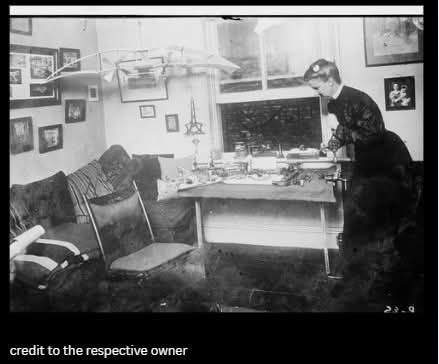In 1904, Lizzie Magie sat at her table, sketching a new kind of board game. She wasn’t chasing fortune or fantasy—she wanted to teach people about money, power, and fairness.
She called it The Landlord’s Game. Inspired by economist Henry George, Magie created two sets of rules: one where wealth gathered in the hands of a few, and another where resources were shared so everyone could prosper. It was a lesson in economics, cleverly disguised as play.
But when Parker Brothers bought her patent decades later, the story shifted. Charles Darrow rebranded the game as Monopoly and grew wealthy. Lizzie Magie earned only $500. Her name faded, while his became legendary.
Today, her story is being rediscovered—not just as the true creator of the game, but as a visionary who believed play could teach us about justice and inequality.
Lizzie Magie’s legacy goes beyond Monopoly. It’s a powerful reminder that creativity can challenge the rules of the real world.
